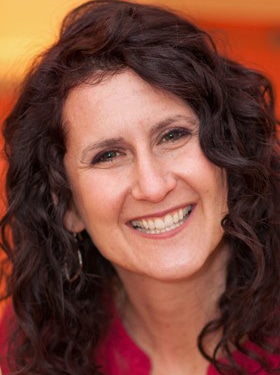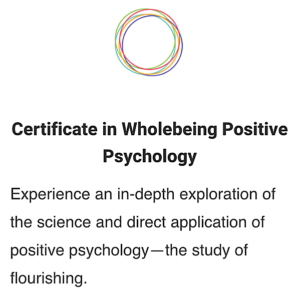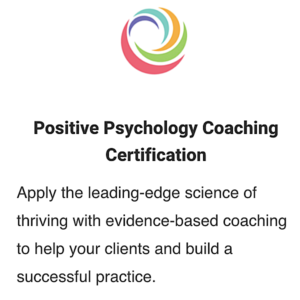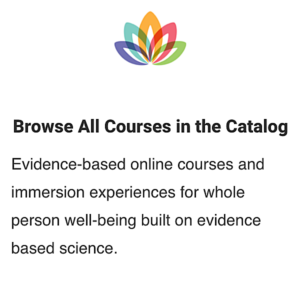by Denise Riebman
“She needs to stop raising her hand so much!” An elementary school teacher informed my friend’s dad that she should stop showing everyone that she knew all the answers. He was incensed. There was nothing wrong with his daughter having the answers. And, from that day forward, my friend both trusted her smarts and knew she had a dad who believed in her strengths.
Unfortunately, too few people shared those types of stories with me after last month’s blog post on Strength-Shaming Bullies. Instead, I heard tales of bosses, colleagues, friends, and family who had belittled and undermined others’ strengths. But what I heard most was people saying that they have spent a lifetime shaming their own strengths.
Mountains of positive psychology research show that healthy, supportive relationships are imperative, and contribute to our knowing and owning our strengths. And this can have a major impact on career happiness.
A Gallup study of recent college graduates who were more likely be engaged at work and thriving overall indicated that one of the major factors was that they had at least one professor who cared about them as a person—or had a mentor who encouraged their goals and dreams. What if we all had a cadre of people who not only believed in us, but were also willing to give us a gentle, encouraging kick in the butt when needed?
Fake. Unauthentic. Forced. I hear these words all the time when I encourage others to build a community of Strengths Accomplices. But think about your close friends: Did it feel natural the first time you met them? Rarely—but, with time, the relationship became easy and comfortable. The same is true with cultivating Strengths Accomplices, who are often already in our lives or very close by.
Obvious Accomplices: You know who they are—friends who can be honest and insightful in a supportive way; previous supervisors who thought the world of you; family members whose advice you are actually open to hearing. Intentionally seek them out when you need perspective, morale boosting, and strengths reminders.
Hidden Accomplices: The blinders we wear thanks to our biological negativity bias causes us to miss seeing some of our biggest advocates—former colleagues, professors, trainers, colleagues, school advisors. They are already there, and you can rekindle the relationship with a simple reconnecting e-mail or the question, “Can we grab a cup of coffee?”
Undiscovered Accomplices: Expanding beyond our known community brings out our wired fear of social rejection. To counter this natural reaction, I always coach for small action steps: Reach out to friends of friends, people at your organization who you admire but haven’t met yet, people you met at a conference or other event and felt a natural ease with but never followed up with. Send a short e-mail, asking for a brief meeting or call, and have minimal expectations. Approach the conversation from a place of curiosity; it might be just one conversation, or it might turn into an authentic relationship.
This is not about asking for help; this is not a one-way relationship; and this is far from a one-size-fits-all approach. Building a community of Strengths Accomplices is a long-term, intentional way to foster genuine, reciprocal connections with people who you champion, and who champion you. Strengths Accomplices will sometimes say things you don’t want to hear, but need to know. They will listen when you want to bounce ideas, push boundaries, and expand the way you see your potential. They will shine a light on you when you want to hide but deserve applause.
Remember how great it felt to raise your hand in school and feel pride in knowing the answer? You have all the answers already—now, go raise your hand!
Denise Riebman is a career development specialist who applies a strength-based, positive psychology framework toward inspiring individuals to find career happiness. She is Director of Career Development and Alumni Services at George Washington University’s Trachtenberg School, and founder of CareerHappinessCoaching.com. Denise holds a Certificate in Positive Psychology and additional certification from Global Career Development Facilitation, Presence-Based Coaching, and The Coaches Institute.






